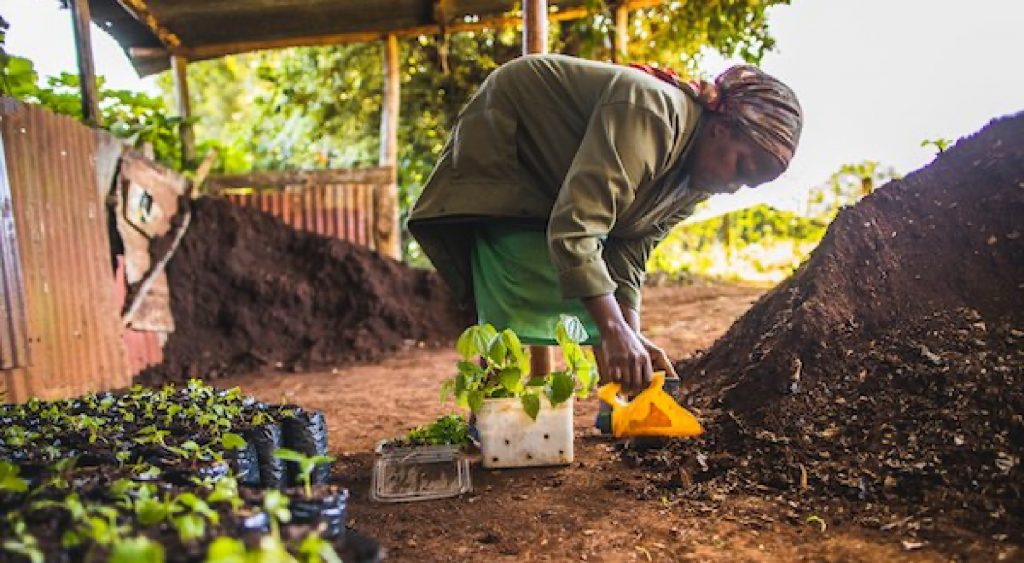Responsible travel is about travellers making informed and responsible choices, and planning trips which have a positive impact on the country they’re visiting, and its wildlife, environment and people. This usually means getting closer to local cultures, learning about the people and the history of places, and embracing diversity. It’s something that is part of our DNA at African Impact, it’s something we’ve built our lives and our reputation around, and it’s something that we like to think we’re pretty good at.
We love sharing Africa with our intrepid travellers, seeing the difference that you can make here, and seeing the changes that Africa makes on our customers. It’s a very special symbiotic relationship and one that we work constantly to improve and refine.
Our Global Awareness eLearning programme is designed with these values in mind. Schools and students can connect with our programmes without flying to Africa, thus reducing carbon footprint.
As a result of our knowledge and attitude towards this, we have won multiple awards for our Responsible and Sustainable tourism programmes, which are outlined below.


AFRICAN IMPACT SALES AND MARKETING LIMITED: Company Number 13434590 © All rights reserved